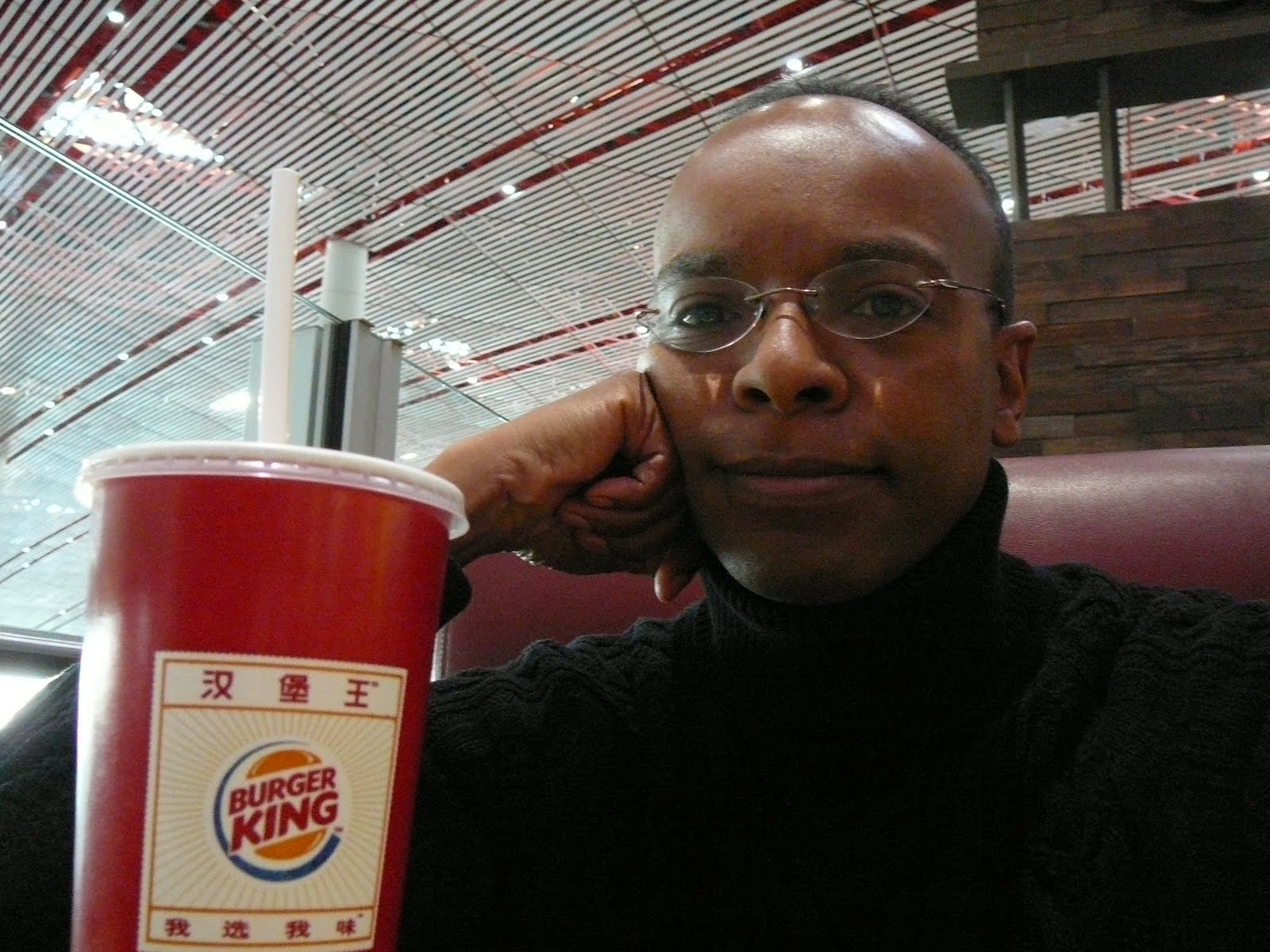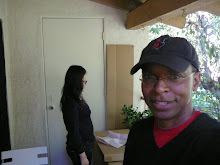
"When are we going to the World Expo in Shanghai?", my wife asked me last week.
"Whenever Quanjude roast duck sprouts wings and flies out of my ass," was my reply. I explained that although the exhibition's title suggests a global event, it is not for foreigners.
Similar to the Beijing Olympics in 2008, the World Expo is primarily for the Chinese people to learn more about the world around them, not the other way around. As such, it's been wildly successful. The Shanghai show is attracting millions to its mix of national pavillions and multi-cultural entertainment, and if there is any country on the planet that needs to benefit from multi-cultural education, it's China. I can tell you from personal experience that most Chinese still just freak-out when they see someone who does not look or sound Chinese.
Chinese man 1: "Holy s***! What's that?
Chinese man 2: "I think it's a foreigner. Or maybe an elephant. I'm not sure."
Chinese man 1: "I see. If we stare at it long enough, maybe it will turn into a Chinese person. But unless it speaks Chinese we cannot consider its existence to be fact. Everyone knows this."
Chinese man 2: "Indeed. You are most wise. Commence staring."
Therefore, traveling to Shanghai for the World Expo would not be the most comfortable experience if you are not from around here. But I like to see photos and read about the Expo, because it brings the always-simmering rivalry between Beijing and Shanghai to a new level. In fact, the Expo slogan "Better City, Better Life," could be more of a statement about Shanghai's uppity self-image.
Beijing's Olympics were so 2008. It is Shanghai's turn in the spotlight. So let the unfair comparison begin!
1. EVENT APPEAL
The Olympics lasted 17 days. The Expo runs all summer long. There are many more things to see and do in Shanghai, and you can take your time. The Olympics revolved around a series of tightly scheduled sports events held at ridiculously high prices.
ADVANTAGE: SHANGHAI. True, the Expo is not cheap. But you can't beat the free entertainment provided by the nightly light show, and although Shanghai's skyscraper skyline is hideous, it's better than Beijing's.
2. FRIENDLINESS
Beijing Olympics hucksters were merely annoying. Shanghai's street vendors are relentless, aggressive idiots always ready to prey on rich, jet-lagged foreigners.
ADVANTAGE: SHANGHAI
Despite the vendors, consider this fact: Shanghai's always had a pro-business policy when it comes to its overseas visitors. Beijing's policy has historically been to find foreigners and come up with creative reasons to kick them out. That's what made the awarding of the Olympic games to China so mind-bendingly out-of-character to begin with.
3. MASCOT
You'd think the Olympic Fuwa should win this one hands-down. After all, they could overwhelm you with their cuteness and sheer numbers. The Expo's blue mascot, Haibao, was originally derided as looking like everything from a two-legged barstool to a squirt of toothpaste.
ADVANTAGE: SHANGHAI
Haibao was so goofy-looking that he grew in popularity. By the time the Expo opened, Haibao could have been elected president, if that was indeed possible. At the very least, he can forever encourage Chinese kids to brush their teeth after every meal. By contrast, the Fuwa are pretty-much useless in their post-Olympics retirement.
4. TELEVISION COMMERCIALS
The Olympics hype focused on China's potential impact on the world scene, not just in athletics, but in society at large. The Expo TV ads simply depict people from "all walks of life," as they like to say, celebrating diversity and partying with Haibao from the Himalayas to the South China Sea.
ADVANTAGE: SHANGHAI
One touching ad shows a young Chinese girl literally leaping from one country to another, making friends with other children along the way. You gotta ask why wasn't this cute kid representing the allegedly-underage national gymnastics team at Beijing 2008?
5. CROWDS
The Shanghai summer's been hot, and big crowds stink. That sweaty combination surely made many tourists gag while waiting in lines to get inside air-conditioned national pavillions; bathrooms, too, for that matter. Then there's the odd Chinese cultural habit of busting in line. Don't get me started on that.
ADVANTAGE: SHANGHAI
It was hot at Beijing 2008 as well, but the bathroom options were not nearly as good, depending on which venue you attended or what hotel you stayed in. My hotel room's bathroom shower didn't have a curtain or a tub; only a pipe, a shower head, and a drain. I guess I was just supposed to be happy to get wet. I think you will actually get clean in Shanghai, or at least get a good, happy massage.
------
DECISION: SHANGHAI WINS
...Beijing gets blanked. And for those of you who want to say, "if you like Shanghai so much, why don't you just move there?", save your breath. I suspect my wife and Haibao are already hooking-up.














